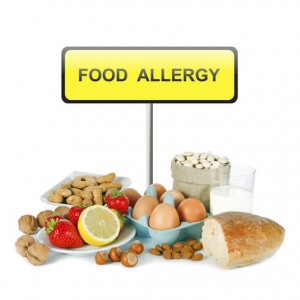Most people collect their prescription from the pharmacy without having any idea how much it actually costs. It is either free, or £8.20 per item if you pay prescription charges, isn’t it?
Well, not quite… In a move to encourage more responsible use of NHS resources the Health Minister Jeremy Hunt has announced that soon the price of your medicines will be printed on the pack if it costs more than £20, along with note that the cost is ‘Funded by the UK taxpayer’.

The average prescription item in England cost £9.39 in May, but most pharmacies dispense dozens of items every month costing well over £100.
Everyone knows the NHS is strapped for cash, yet missed GP appointments cost the NHS £162 million each year and missed hospital appointments as much as £750 million – and £300 million a year is spent on wasted medicines.
The Government hopes that putting the cost of the medicine on the pack will not just reduce waste by reminding people of the cost, but also improve patient care by encouraging people to take their medicines as prescribed.






